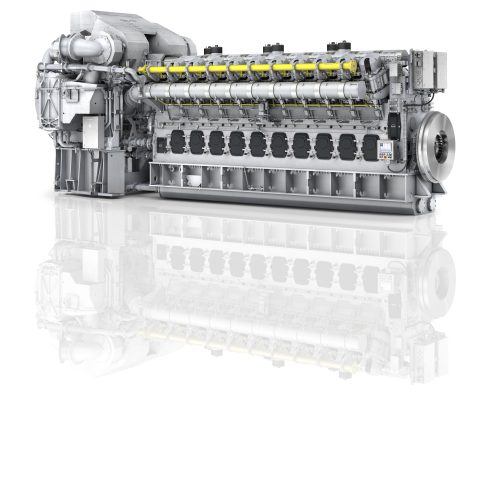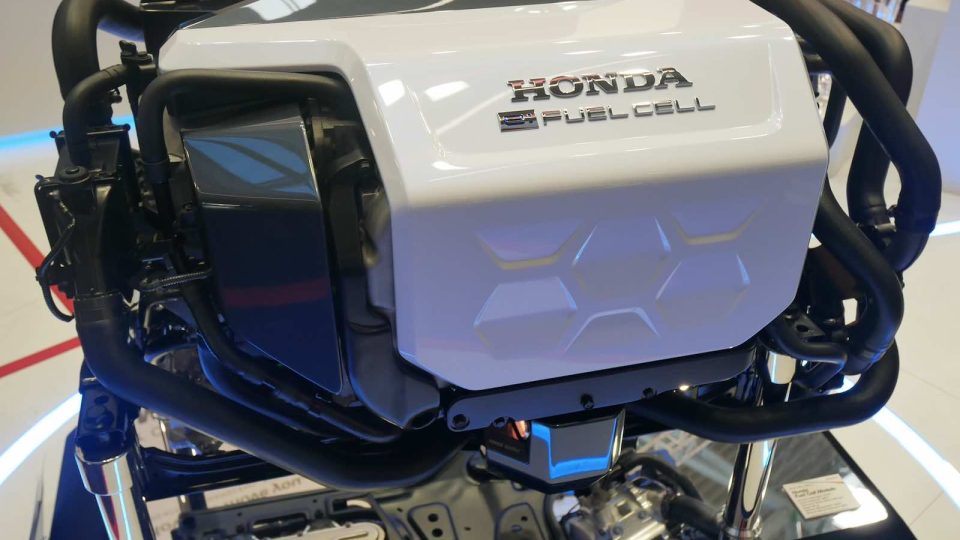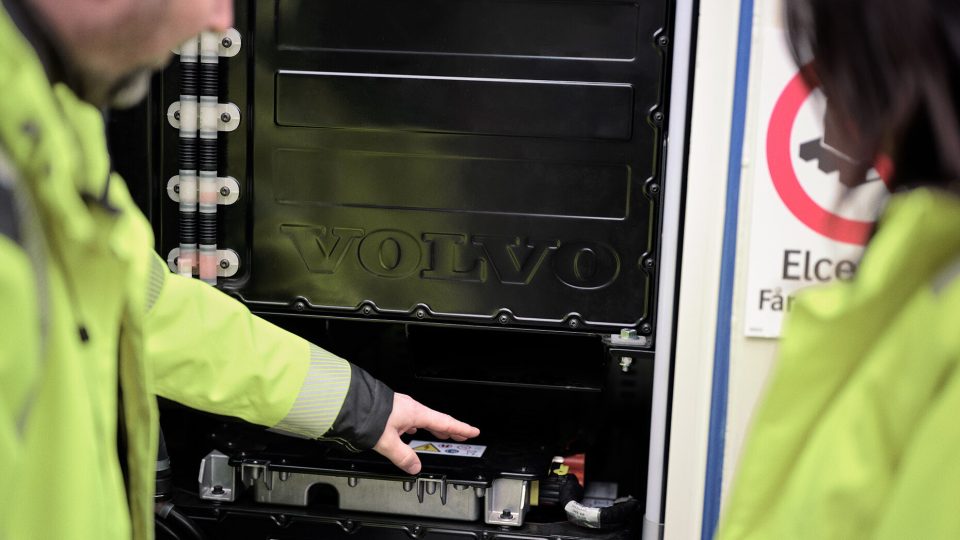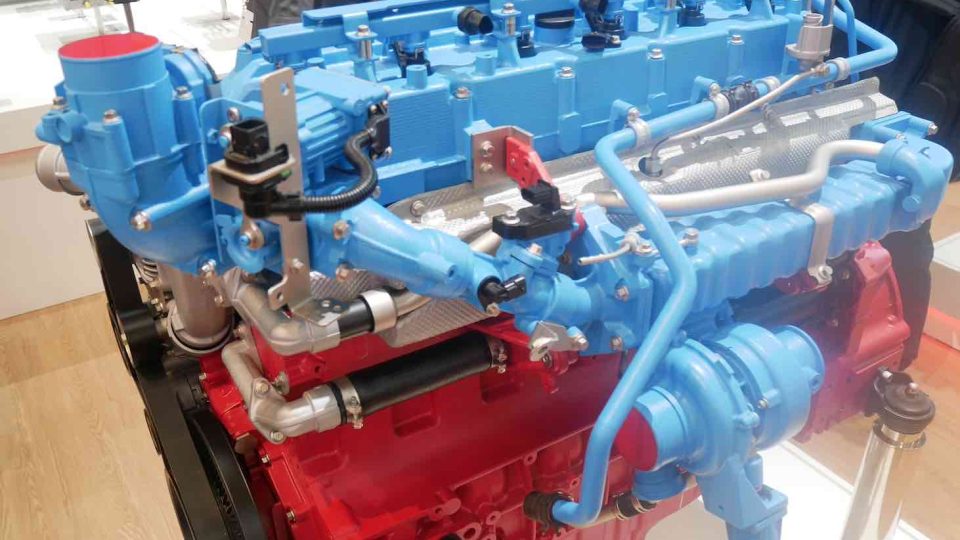MAN Energy Solutions: green future-fuels for four-stroke engines
MAN customers will in due course be able to use other, so-called “future fuels” – such as ammonia, methanol and hydrogen – also produced in a climate-neutral manner.

In continuously developing the range of services for its portfolio of four-stroke engines, MAN Energy Solutions enables its customers to exploit a multitude of synthetically manufactured, climate-neutral fuels in the operation of ships or power plants. Already today, MAN engines using power-to-X fuels such as synthetic natural gas (SNG) can be operated totally climate-neutrally.
MAN customers will in due course be able to use other, so-called “future fuels” – such as ammonia, methanol and hydrogen – also produced in a climate-neutral manner. While these fuels are not currently available on the market, their use in MAN units will, however, be possible through the incipient start-up of green-fuel production facilities. These, in turn, will further reduce harmful emissions and reliably meet future, stricter environmental requirements and regulations.
The company’s 35/44G TS, 51/60G and 51/60G TS gas engines relevant for use in power stations are already “H2-ready” and can be operated with a hydrogen proportion of up to 25% by volume in the gas mixture. By 2025, the units should also be updated and capable of operation on 100% hydrogen.
The 51/60DF and 51/60DF TS multi-fuel engines’ CO2 emissions can be additionally reduced through the use of biofuels. “Full operation with biofuels has already been tested in the field and is possible without any problems,” said Alexander Stöckler, Head of the Power Plant Division at MAN Energy Solutions. Similarly, MAN engineers are preparing grounds for operation on ammonia and methanol by the end of 2022.
“We are currently working on a realization concept for operation on ammonia and methanol and are confident that we will begin to implement this by the end of 2022,” explained Stöckler. “As of yet, neither fuel plays a role in energy generation but they may have significant potential for the future. Therefore, we are observing the situation very keenly and are in close communication with our customers. As soon as our customers are ready, our engines will be too.”
Even now, engine power stations with combined heat and power are already making a considerable contribution to climate protection. “Modern plants already achieve overall efficiencies of over 90% when operating with traditional natural gas,” added Stöckler. “By gradually adding hydrogen, SNG or alternative fuels, the climate footprint of such plants can be reduced even further. We will also make the conversion of existing plants to full operation with future fuels possible.”
MAN Energy Solutions traditionally follows a life cycle concept, which the company also sticks to when it comes to future fuels. “In addition to new-engine business, we are also always thinking in terms of retrofitting the existing fleet,” said Bernd Siebert, Head of Four-Stroke Retrofitting at MAN PrimeServ, MAN Energy Solutions’ after-sales brand. “Power plants have a lifetime of several decades. After retrofitting, engines already in the field have the same capabilities as our new engines. This is how we safeguard, not only the climate, but also our customers’ investment.”









